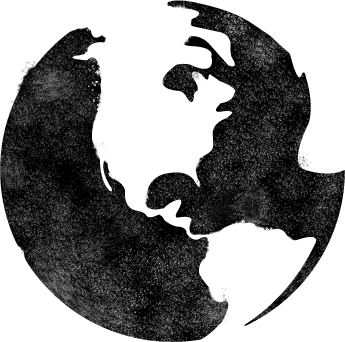
National History of the Faroe Island
It is unknown who first discovered the Faroe Islands: Irish monks or the Vikings. Although it is unknown who discovered the islands, the Vikings established them by making their own Parliament on the island and spreading Christianity throughout. The Faroe Islands were given their name Føroyar, meaning sheep island, by the Vikings in the ninth century. Many of the Vikings who came to the Faroes were farmers in search of new land and fleeting from Norway. When the Vikings settled, they made the capital Tórshavn: the capital of the islands today. The Faroe Islands still have strong Viking culture today.
When Norway fell to Denmark in 1380, the Faroe Islands became controlled by Denmark as well. The Danish government controlled all trade on the islands for quite some time after this. In 1849 the Danish incorporated the Faroe Islands as a country of Denmark. This made some of the Faroese people uprise to try and gain independence. As of today the Faroe Islands is a self governing community within the kingdom of Denmark.
Today the Faroe Islands are doing well. The islands export a huge amount of fish, which accounts for 95 per cent of the total income of exported goods. The economy being diverse along with the development of a welfare society has many different working opportunities. With the Faroes doing so well they have a welfare state that includes free education and healthcare for all. This has made the Faroe Islands a modern society today.

